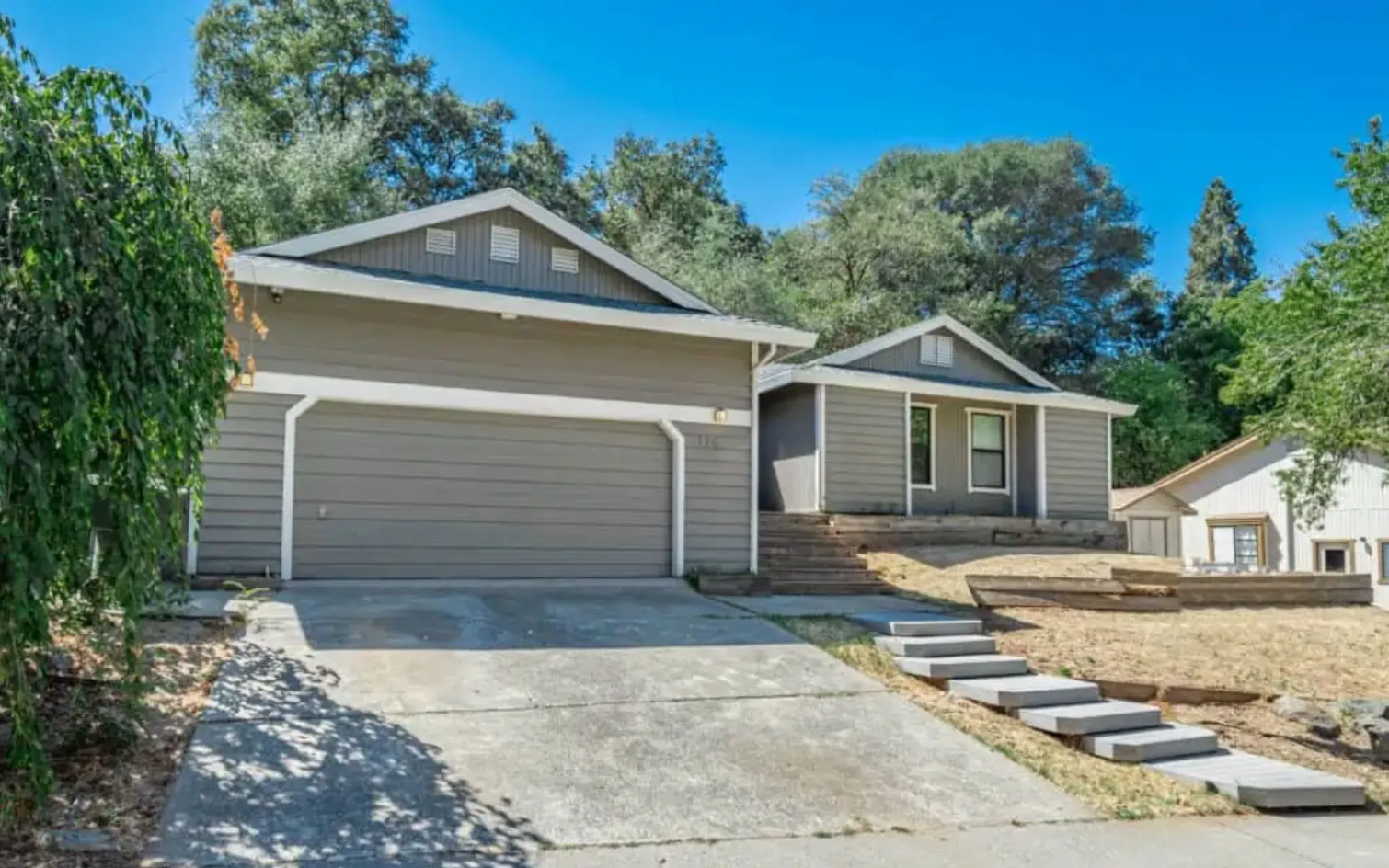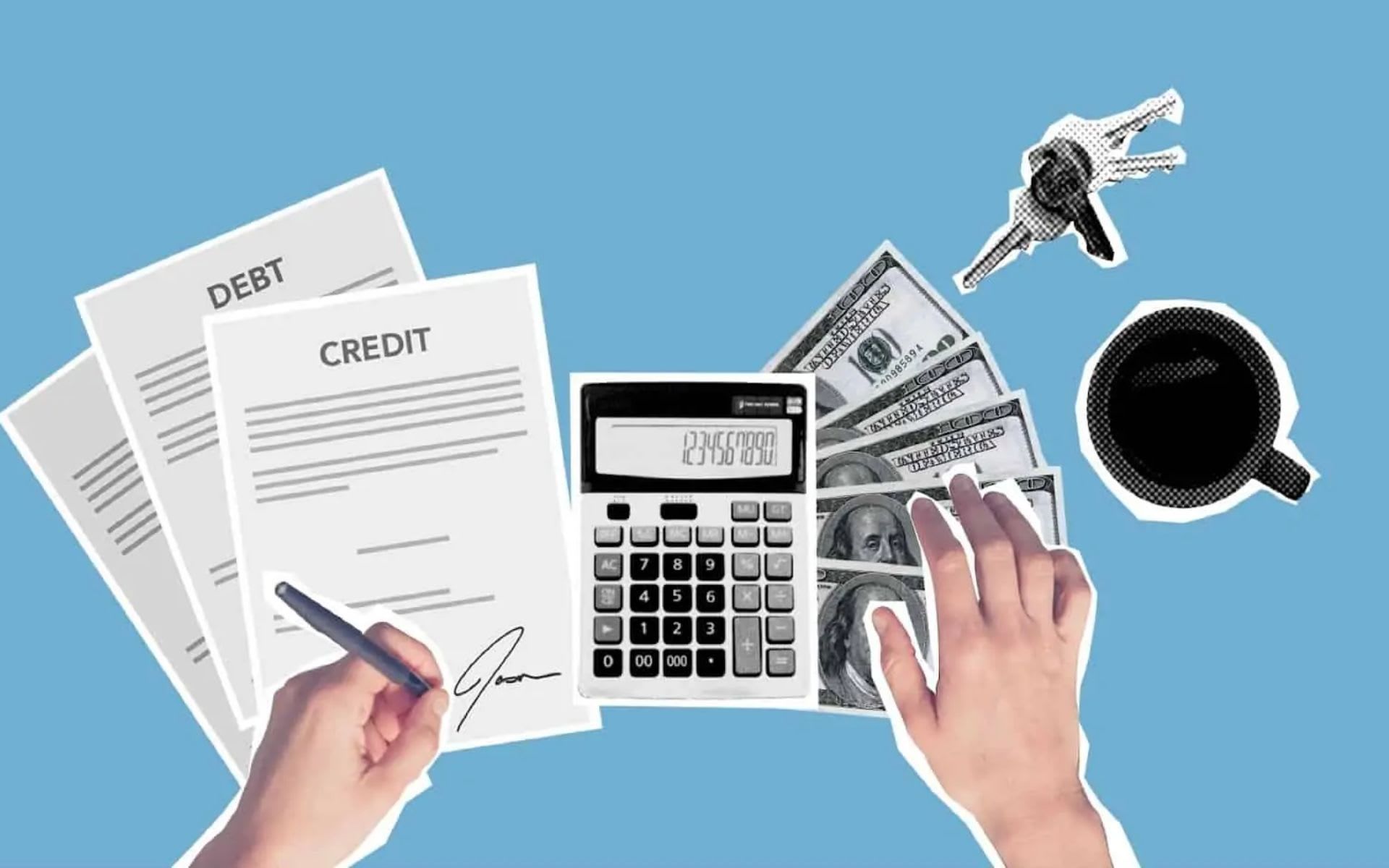How to Sell Your Home as a Short Sale in 2020
Many people are feeling the strain of COVID-19. If that’s you, you may find yourself needing to downsize your living situation fast because of the current economic climate.
It can be very stressful and feel like it’s easier to just let your home fall into foreclosure. Especially, when there is a wave of people who are also feeling financial stress. It certainly doesn’t make it any easier to sell your home when there’s too much competition because other homeowners in your community are also feeling the financial strain of a mortgage they can’t afford.
If you’re behind on your mortgage and you need to sell your home as-is, you have one more option available before you let your house go into foreclosure….a short sale!
What is a short sale?
It’s when a homeowner needs to sell their home for less than what is owed on the mortgage because they can no longer afford it and can’t sell it at market value. Both the seller and the bank that is owed the mortgage is “short” on the full financial agreement for the home. This could be because the market has dropped and the home is no longer worth what was paid for it, and the homeowner can no longer afford it, and is far behind on their payments.
Banks generally only agree to short sales if it is a last resort to avoid foreclosure on the home. You may even find them listed as “pre-foreclosure.” The bank will pay for the seller’s closing costs, but will avoid the hefty legal fees that come with putting homes into foreclosure.
You would think that banks would be motivated to accept a short sale offer quickly on a pre-foreclosure home, but usually that is not the case. Short sales usually take longer than regular home sales. It’s rare for a short sale to close within 30 days.
If you want to sell your home as a short sale, you’ll need a good Realtor to help keep the new buyer motivated so they don’t want to give up on the home due to a lengthy sales process.

Short sale vs foreclosure
A foreclosure is expensive for a bank because the bank assumes all financial responsibility for the home. This could include repair costs of the house, inspection costs, upkeep so the house stays inhabitable, etc. It’s often in the bank’s best interest to sell the home as a short sale to avoid the financial loss that would occur with a foreclosure. A foreclosure is also not a great choice for the homeowner as well since it will negatively impact your credit score for years, and it may take a long time to build your credit score back up once you have a foreclosure on your record.
This is when a short sale becomes beneficial. It can take up to 7 years after a foreclosure for you to be eligible for a mortgage again, while it will usually take 2 years to be able to take out another mortgage after selling your home through a short sale.

The short sale process:
Gather all of the required financial paperwork, employment information, and anything that will prove why you need a short sale. This is called a short sale package and the bank needs it in order to see if you qualify for a short sale. In this phase you’ll talk to your lender and find a good Realtor who has experience in short sales who can help explain the process for your specific situation to you and help you negotiate with your bank.
You’ll work with your Realtor to put your home on the market at the right price that your bank has approved of. Once you find a qualified buyer who is willing to purchase the home as-is, you’ll negotiate an offer with them.
You’ll submit the negotiated offer with the potential buyer to your bank for approval. Since your mortgage lender has to approve of the contract and terms of the home sale, this part can get tricky. You need a Realtor to make sure the terms will be up to the bank’s expectations before submitting. This way you can cut down on the back-and-forth with your bank to make sure the short sale goes through as quickly as possible. The bank may approve of the buyer’s offer, reject it, or approve parts of the offer and send it back to you for negotiations.
If the bank has approved the buyer’s offer on the home, you can present the contracts to the buyer and proceed with the sale. Or if the bank has sent the new conditions of the offer back to you, you can present it to the potential buyer to either agree on the contract or negotiate further.
If you, the bank, and the new buyer have agreed on the contract terms, then the sale can proceed. The bank will pay the seller’s closing costs and accept the mortgage payment from the buyer’s mortgage. All payments will bypass the seller and go straight to their bank and the seller is no longer responsible for the home and can avoid the repercussions of foreclosure, but also does not earn any money from the sale.

When you want to sell your home as a short sale, the process can be difficult when factoring in all the added negotiations and requirements. You’ll need a Realtor experienced in short sales to help when: negotiating with your bank, ensuring you won’t have to accept lowball offers, finding a qualified buyer, and making sure you get the fairest outcome.
Make sure you get an experienced Realtor on your side so you don’t have to try to do it alone. If you’re looking to sell a home in the Placer County and surrounding area, contact us at Quantum Real Estate.
















